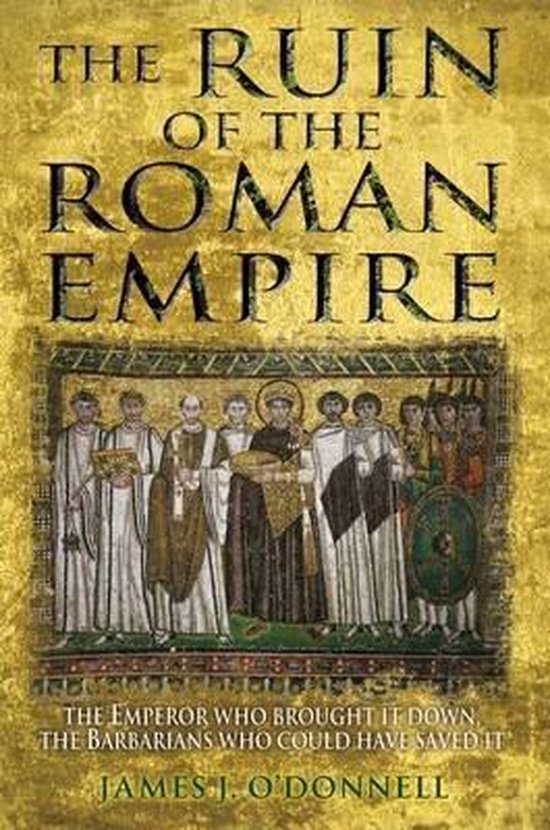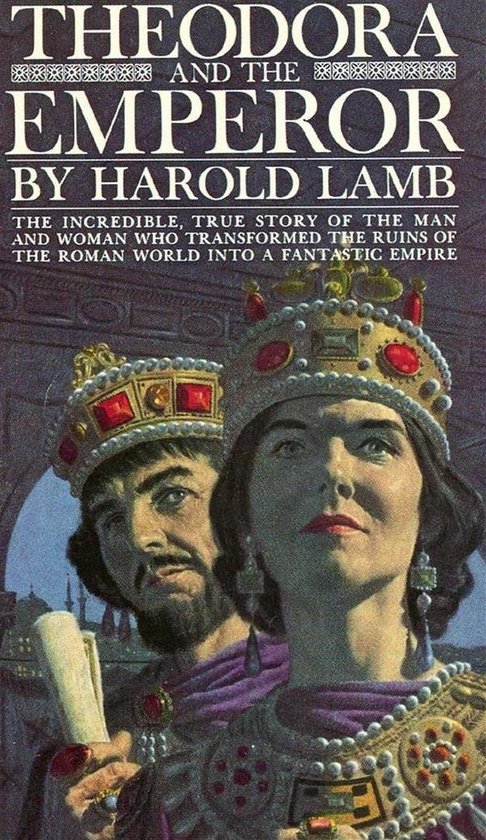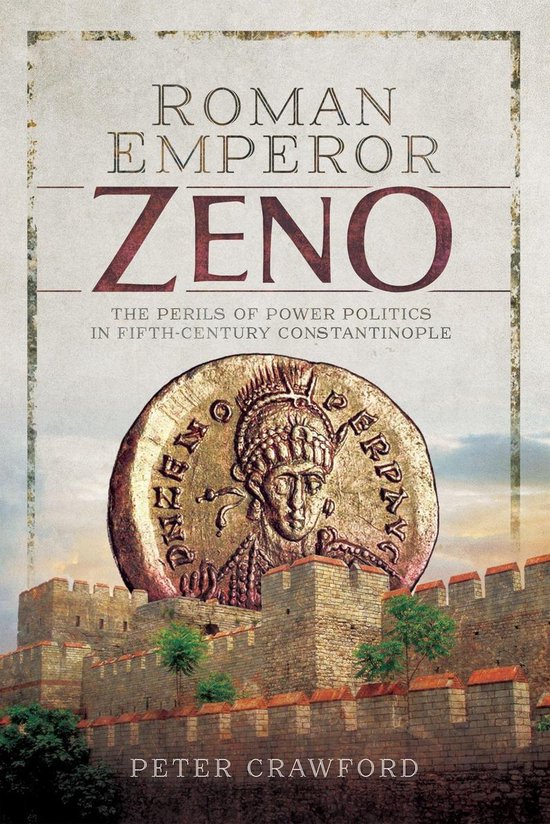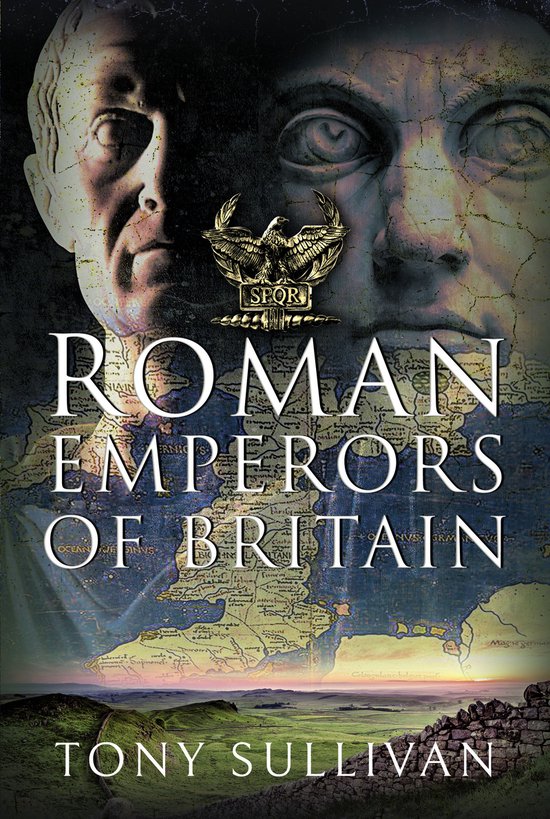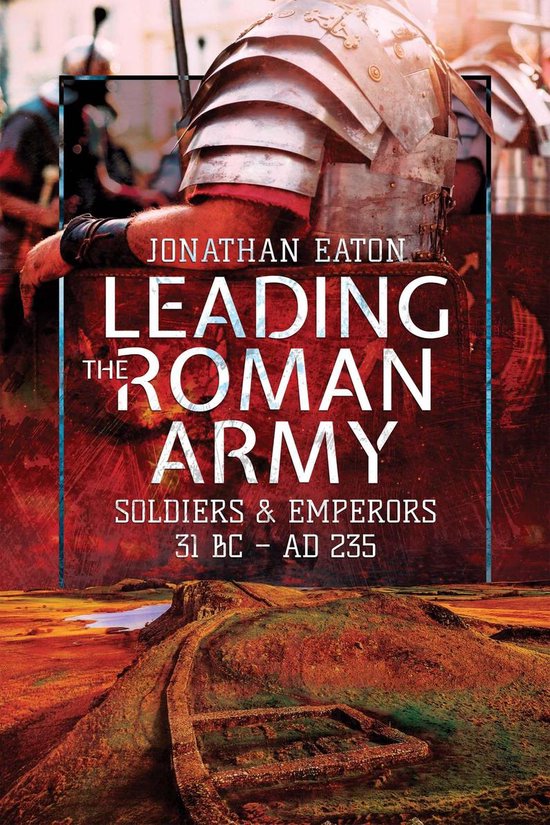
Leading the Roman Army
A historian and archeological scholar examines the complex relationship between Roman emperors and their armies.
For the emperors of Ancient Rome, effective political management of the army was vital to the overall stability of the empire. In Leading the Roman Army, historian Jonathan Mark Eaton examines how emperors endeavored to control the military from the battle of Actium in 31 BC, to the demise of the Severan dynasty in AD 235.
This study draws on the latest evidence from archaeological, epigraphic, literary and numismatic sources on the relationship between the emperor and his soldiers. It demonstrates that the emperor was not only the army’s commander-in-chief, but also their patron and benefactor, even after their discharge from military service.
With forces dispersed along the frontiers of the empire, the emperor needed a strong military hierarchy to impose discipline. He also needed to ensure the loyalty of his officers by building mutually beneficial relationships with them. To this end, the imperial army became a complex network of loyalty ties which protected the emperor from military subversion.
| Auteur | | Jonathan Mark Eaton |
| Taal | | Engels |
| Type | | E-book |
| Categorie | |

